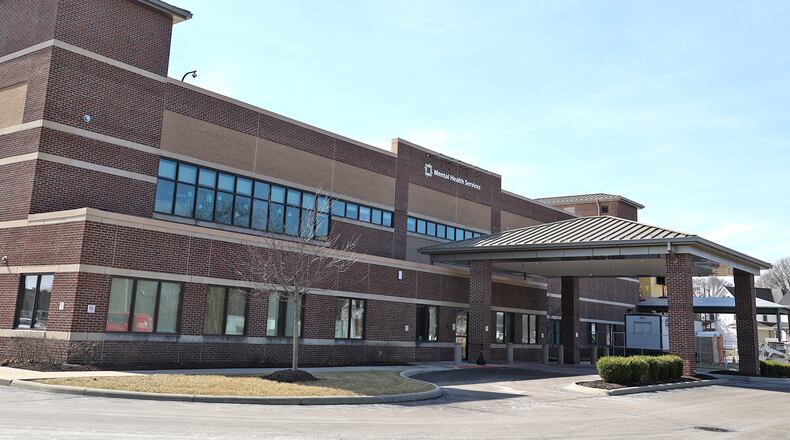“You may feel embarrassed to ask for help, but you can expect to feel better with support,” said CEO Kelly Rigger. “It is common for mental health problems to increase around the holidays, so please reach out, we are here for you.”
Rigger said it’s important to pay attention to your own health, including getting plenty of sleep, eating healthy during the holidays and enjoy treats in moderation, and know your spending limits.
“Keep in mind spending time with family and friends creating memories is the most important part of the holidays,” she said.
Rigger added to also have a plan when visiting family or friends, especially to avoid alcohol or other interactions that can impact your mental health or substance use problems, and that it’s OK to say no because overcommitting yourself during a busy time can lead to unhappiness.
“It is best to avoid situations that could likely lead to added stress and anxiety, but when that is not possible, have a realistic exit plan to be prepared to limit visits or length of time in places that can lead to distress,” Rigger said. “This is a time for joy for yourself and taking a break from some gatherings or activities can help to increase your mood.”
For some people, the holidays are also a reminder of the loss of a loved one, a breakup of a relationship, or if they are unable to be with their family and friends.
The National Alliance on Mental Illness said more than half of individuals living with a mental illness feel their condition worsened because of the holidays.
“Often times, we set expectations of perfection on ourselves during the holiday season. Trying to find the best possible gift or host the perfect gathering can lead to financial pressures and demands that increase anxiety,” said Dr. Jordan Allison, a clinical psychologist seeing patients at Mercy Health – Urbana Family Medicine and Pediatrics and Mercy Health – Urbana Internal Medicine.
To help with this, Mercy Health suggests asking friends and family to help lighten your to-do list; stick to a budget to help manage financial stress or anxiety; find ways to honor those who have passed if you are missing a love one; or reach out to someone such as a friend, family member or therapist for support.
Although many people do enjoy the lights, gift giving, traditions and gatherings, those also living with mental health or substance abuse issues can find this time more challenging.
Lori Criss, director of the Ohio Department of Mental Health and Addiction Services (OhioMHAS), reminds people that it’s OK to not be OK and to ask for help.
“We want Ohioans to know that it’s not selfish to make your own mental and physical well-being a priority,” Criss said. “You are never alone. If you’re having a hard time or struggling in general, we want you to know Ohio has your back not just during the holidays, but throughout the year.”
For help or information, call Mental Health Services for Clark & Madison Counties at 937-399-9500; visit mercy.com; or call the Ohio CareLine at 1-800-720-9616 to be connected to a professional to listen and offer support or text the keyword 4HOPE to 741-741 to be linked to the Ohio Crisis TextLine.
About the Author

